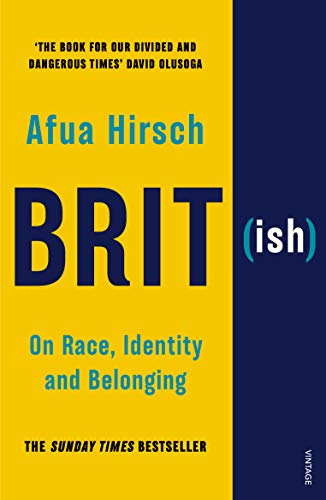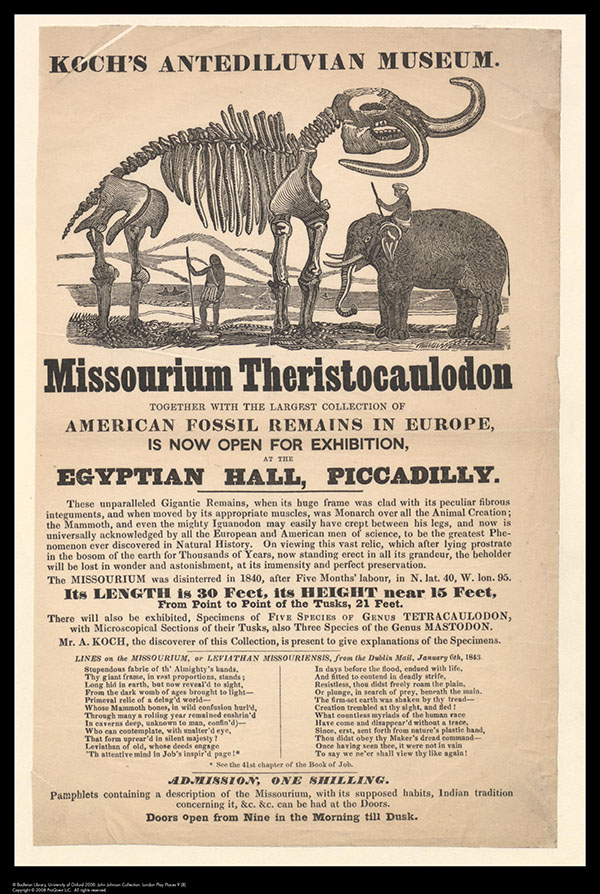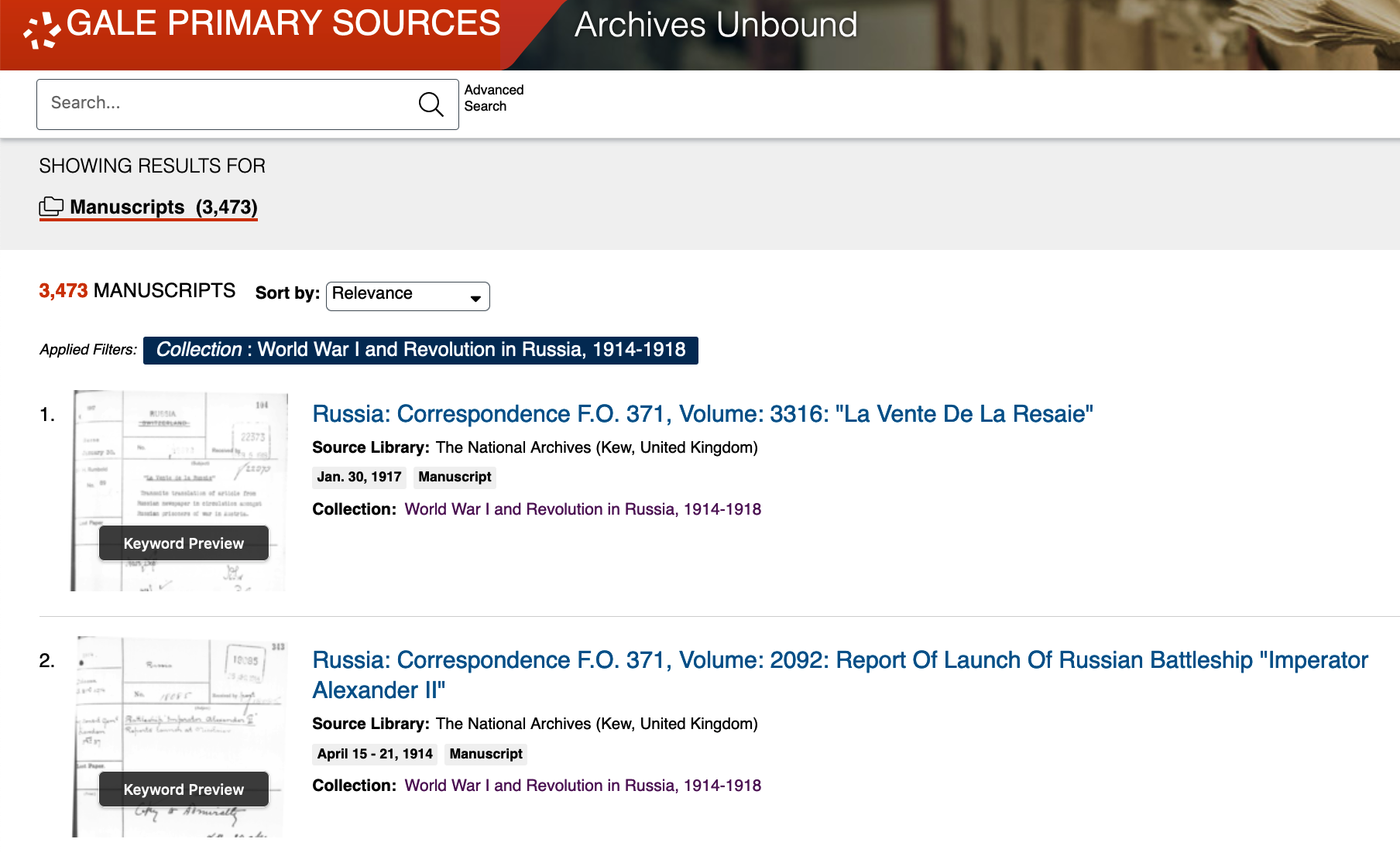Bodleian New History eBooks – May 2020: The History of the British Isles
This royal throne of kings, this sceptred isle,
This earth of majesty, this seat of Mars,
This other Eden, demi-paradise…
(William Shakespeare, Richard II, II.1, 40-43)
The “British Isles” are defined by the Encyclopaedia Britannica simply as the “group of islands off the northwestern coast of Europe” consisting of the two main islands, Great Britain and Ireland, and numerous smaller islands and island groups, including the Hebrides, the Shetland Islands, the Orkney Islands, the Isles of Scilly, the Isle of Man, and possibly also the Channel Islands. The accompanying illustration of the “Terminology of the British Isles”, however, already contradicts the seeming simplicity of the definition.
 In addition the expression itself is of course politically controversial, particularly for many people in Ireland – prompting General Editor Paul Langford in his Preface to the Short Oxford History of the British Isles to make the disclaimer that in the series they “use the words British Isles solely and simply as a geographical expression” and to reassure the readers that “[n]o set agenda is implied”. Considering the number of different peoples who at one point or another colonised, invaded, annexed, left or were driven out of various parts of the island group, and the various kingdoms, colonies or republics they founded (as illustrated beautifully in this video), the difficulty in establishing a sense of unity among these changing sovereignties and shifting boundaries is readily understandable.
In addition the expression itself is of course politically controversial, particularly for many people in Ireland – prompting General Editor Paul Langford in his Preface to the Short Oxford History of the British Isles to make the disclaimer that in the series they “use the words British Isles solely and simply as a geographical expression” and to reassure the readers that “[n]o set agenda is implied”. Considering the number of different peoples who at one point or another colonised, invaded, annexed, left or were driven out of various parts of the island group, and the various kingdoms, colonies or republics they founded (as illustrated beautifully in this video), the difficulty in establishing a sense of unity among these changing sovereignties and shifting boundaries is readily understandable.
Such difficulty also extends to the subject of the History of the British Isles and its scope: scholars and students of English History are often accused of ignoring the History of Britain as a whole, while those who study the History of Britain are often accused to take the inclusion of Ireland for granted, and those who want to write on or study specifically the History of Scotland, Wales or Ireland quickly find that such exclusivity can be difficult to achieve. To quote Paul Langford again, “What constitutes a concept such as British history or four nations history, remains the subject of acute disagreement, and varies much depending on the period under discussion.”
The plethora of such periods that can potentially be discussed, stemming from a recorded history of over two millennia, is not helping either – the “short” Oxford History of the British Isles spans 11 volumes from The Roman Era and Vikings and Normans to The British Isles since 1945, with individual volumes covering the 12th/13th, 14th/15th, 16th, 17th, 18th, and 19th centuries, and two full volumes dedicated to the 20th century. The subject of the History of the British Isles in the Further Honours School here at Oxford on the other hand is subdivided into seven eras from “The Early Medieval British Isles, 300-1100” via “The Late Medieval British Isles, 1330-1550” and “Liberty, Commerce and Power, 1685-1830” to finally “Changing Identities, 1900 to the present”. In short, the options for subdividing the 2000 years of history into thematically coherent segments of widely varying length are legion, from Pre-Historic Britain to The Anglo-Saxon Era, The Elizabethan Age, The Tudors, The Victorians, The Long 19th Century, The Edwardian Era, The World Wars, The Inter-War Period, Britain Post-1945, The Cold War, The Sixties, The Thatcher Era, or The 21st Century, to name only a few possibilities.
In the face of this, this blog on the new eBooks arrived at the Bodleian on the subject of the History of the British Isles cannot hope to be anywhere near comprehensive, or touch on every important, let alone every interesting era or aspect of these 2000 years. This edition, then, features a somewhat eclectic (but hopefully interesting) rather than representative sample of the various books on the wider topic which are newly available for online access. You can find all our new eBooks on our LibraryThing shelf here, and all our books tagged “Great Britain” here.
The envy of less happier lands
The 2000 years of British History have seen a lot of armed conflict, some of it occasioned by, some of it causing the changes or shifts of borders. I have chosen just three studies on the topic, two from the early modern and one from the modern era, to highlight here.
 Paul E. J. Hammer’s Elizabeth’s Wars charts several of the politically and materially costly but ultimately successful military conflicts England engaged in between 1544 and 1604 under Elizabeth I. Starting with the gradual rebuilding of England’s military power on both land and sea against the double threat of France and Spain at the beginning of her reign, the study covers England’s great war with Spain in the 1580s and 1590s with its campaigns spanning the Low Countries, northern France, Spain and the Atlantic, as well as the famous Armada campaign of 1588; and also touches on the last Irish resistance to English domination which was crushed towards the end of Elizabeth’s reign. Ann Hughes’ 1991 The Causes of the English Civil War, one of the standard textbooks on the subject, is also now available online through SOLO in its second, revised edition. Hughes offers an accessible and comprehensive guide to the historiographical debates surrounding the middle of the 17th century, with discussion not only of the political leaders and their parliaments, but of the wider European context, the general political and religious background of the era, and relevant social and cultural issues and aspects. For the 20th century, Angus Calder examines The Myth of the Blitz as a piece of World War II propaganda in a detailed discussion of the events of 1940 and 1941. While acknowledging its sustaining powers in Britain’s “finest hour”, his close scrutiny inevitably dispels a good part of a myth which rested upon the assumed invincibility of an island race distinguished by good humour, understatement, and the ability to pluck victory from the jaws of defeat by team work, improvisation and muddling through.
Paul E. J. Hammer’s Elizabeth’s Wars charts several of the politically and materially costly but ultimately successful military conflicts England engaged in between 1544 and 1604 under Elizabeth I. Starting with the gradual rebuilding of England’s military power on both land and sea against the double threat of France and Spain at the beginning of her reign, the study covers England’s great war with Spain in the 1580s and 1590s with its campaigns spanning the Low Countries, northern France, Spain and the Atlantic, as well as the famous Armada campaign of 1588; and also touches on the last Irish resistance to English domination which was crushed towards the end of Elizabeth’s reign. Ann Hughes’ 1991 The Causes of the English Civil War, one of the standard textbooks on the subject, is also now available online through SOLO in its second, revised edition. Hughes offers an accessible and comprehensive guide to the historiographical debates surrounding the middle of the 17th century, with discussion not only of the political leaders and their parliaments, but of the wider European context, the general political and religious background of the era, and relevant social and cultural issues and aspects. For the 20th century, Angus Calder examines The Myth of the Blitz as a piece of World War II propaganda in a detailed discussion of the events of 1940 and 1941. While acknowledging its sustaining powers in Britain’s “finest hour”, his close scrutiny inevitably dispels a good part of a myth which rested upon the assumed invincibility of an island race distinguished by good humour, understatement, and the ability to pluck victory from the jaws of defeat by team work, improvisation and muddling through.
Dear for her reputation through the world
There is inevitable overlap with the topic of warfare in the studies of England’s and later Great Britain’s international relations, which am turning to next.
 A collection of new studies on Tudor international relations, Tudor England and its Neighbours analyses important changes and continuities in England’s foreign policy between 1485 and 1603. Taking into account recent developments in cultural, gender and institutional history, the contributors discuss Tudor England’s relations with Germany, France, Spain or Scotland, examining such wide-ranging subjects as Henry VII’s pursuit of peace with France, the impact of the break with Rome and the introduction of Protestantism on England’s relations with other countries, and, yes, the inevitability or otherwise of war between Elizabethan England and Spain. The British dimension of the whole span of the American Revolution, from its origins to the Declaration of Independence in 1776 and its aftermath, is the topic of another collection of essays newly available online, Britain and the American Revolution. The nine contributions discuss Britain’s response to the blow the Revolution represented both to her Atlantic empire and to her position as a great colonial and commercial power, as well as the importance of the Revolution in the dynamics of British politics in the later 18th century. The chapters cover the problems governing the American colonies, Britain’s diplomatic isolation in Europe over the war, the impact of the American crisis on Ireland, ideological dimensions and public opinion, and the consequences of the loss of America for Britain. Imperial Britain is also the subject of Andrew S. Thompson’s beautifully titled The Empire Strikes Back?, which looks at the influence of the global superpower Britain on its colonies in Africa, Asia and America not only in terms of politics and government, but in aspects of life as varied and wide-ranging as culture, religion, law and order, health and sexuality. More than that, however, the study shows how the dependent states hit back, affecting and changing British social life and class, economics and domestic politics, and British identity itself.
A collection of new studies on Tudor international relations, Tudor England and its Neighbours analyses important changes and continuities in England’s foreign policy between 1485 and 1603. Taking into account recent developments in cultural, gender and institutional history, the contributors discuss Tudor England’s relations with Germany, France, Spain or Scotland, examining such wide-ranging subjects as Henry VII’s pursuit of peace with France, the impact of the break with Rome and the introduction of Protestantism on England’s relations with other countries, and, yes, the inevitability or otherwise of war between Elizabethan England and Spain. The British dimension of the whole span of the American Revolution, from its origins to the Declaration of Independence in 1776 and its aftermath, is the topic of another collection of essays newly available online, Britain and the American Revolution. The nine contributions discuss Britain’s response to the blow the Revolution represented both to her Atlantic empire and to her position as a great colonial and commercial power, as well as the importance of the Revolution in the dynamics of British politics in the later 18th century. The chapters cover the problems governing the American colonies, Britain’s diplomatic isolation in Europe over the war, the impact of the American crisis on Ireland, ideological dimensions and public opinion, and the consequences of the loss of America for Britain. Imperial Britain is also the subject of Andrew S. Thompson’s beautifully titled The Empire Strikes Back?, which looks at the influence of the global superpower Britain on its colonies in Africa, Asia and America not only in terms of politics and government, but in aspects of life as varied and wide-ranging as culture, religion, law and order, health and sexuality. More than that, however, the study shows how the dependent states hit back, affecting and changing British social life and class, economics and domestic politics, and British identity itself.
Bound in with the triumphant sea
Or, as Flanders and Swann phrase it in their 1963 parodistic “Song of Patriotic Prejudice”, a work “calculated to offend practically everybody”,
The rottenest bits of these islands of ours
We’ve left in the hands of three unfriendly powers:
Examine the Irishman, Welshman or Scot,
You’ll find he’s a stinker, as likely as not!
True to this prompt to examine these nations (but obviously with rather different outcomes!), several of the new eBooks focus specifically on the history of Wales, Ireland, or Scotland.
 Kathryn Hurlock’s Medieval Welsh Pilgrimage examines the Welshmen with respect to this most popular expressions of religious belief in medieval Europe, looking both at the historical and religious significance of the Welsh holy pilgrimage sites to explore what motivated pilgrims to visit these particular sites, and at Welsh pilgrims to both local and overseas pilgrimage destinations – their expectations, their engagement with pilgrimage both practically and ideologically, and their experiences and emotions on the journey and in the achievements of their ultimate goals. A very close examination of a fascinating group of Irishmen and Irishwomen is offered by R. F. Foster in Vivid Faces, which deal with the “revolutionary generation” of 1890-1923, surveying the lives and beliefs of the people who made the 1916 Irish Revolution, and their shared youth, radicalism, subversive activities, enthusiasm and love. Working from contemporary diaries, letters and reflections, Foster brings to life the members of the student societies, theatre groups, feminist collectives, volunteer militias, Irish-language summer schools, and radical newspaper offices who made the revolution, as well as the disillusionment in which it ended. Finally, Tom Devine’s 2017 Independence or Union turns to the Scots, and looks closely at the vexed and uneasy relationship between Scotland and England which has shaped the island since the Middle Ages though a continuous exchange of inhabitants, monarchs, money and ideas, both in peacetimes based on consent and mutual advantage, and in wartime characterised by force and antagonism. Devine’s study explores the relationship between the two countries from the 17th century to the present, weighing up benefits, and raising the question which has become possibly more pressing than ever since the 2016 Brexit referendum.
Kathryn Hurlock’s Medieval Welsh Pilgrimage examines the Welshmen with respect to this most popular expressions of religious belief in medieval Europe, looking both at the historical and religious significance of the Welsh holy pilgrimage sites to explore what motivated pilgrims to visit these particular sites, and at Welsh pilgrims to both local and overseas pilgrimage destinations – their expectations, their engagement with pilgrimage both practically and ideologically, and their experiences and emotions on the journey and in the achievements of their ultimate goals. A very close examination of a fascinating group of Irishmen and Irishwomen is offered by R. F. Foster in Vivid Faces, which deal with the “revolutionary generation” of 1890-1923, surveying the lives and beliefs of the people who made the 1916 Irish Revolution, and their shared youth, radicalism, subversive activities, enthusiasm and love. Working from contemporary diaries, letters and reflections, Foster brings to life the members of the student societies, theatre groups, feminist collectives, volunteer militias, Irish-language summer schools, and radical newspaper offices who made the revolution, as well as the disillusionment in which it ended. Finally, Tom Devine’s 2017 Independence or Union turns to the Scots, and looks closely at the vexed and uneasy relationship between Scotland and England which has shaped the island since the Middle Ages though a continuous exchange of inhabitants, monarchs, money and ideas, both in peacetimes based on consent and mutual advantage, and in wartime characterised by force and antagonism. Devine’s study explores the relationship between the two countries from the 17th century to the present, weighing up benefits, and raising the question which has become possibly more pressing than ever since the 2016 Brexit referendum.
This happy breed of men
British Society, and the Brits themselves, are the object of a number of widely varied nwly available studies in the fields of social and cultural history.
 Authority, Gender and Emotions in Late Medieval and Early Modern England collects essays on situations of authority, governance, and influence related to gender before 1600. Investigating how gender and emotions shaped the ways different individuals could assert or maintain authority, or indeed disrupt or provide alternatives to conventional practices of authority, the contributions explore case studies of women and men’s letter-writing, political and ecclesiastical governance, household rule, exercise of law and order, or creative agency.
Authority, Gender and Emotions in Late Medieval and Early Modern England collects essays on situations of authority, governance, and influence related to gender before 1600. Investigating how gender and emotions shaped the ways different individuals could assert or maintain authority, or indeed disrupt or provide alternatives to conventional practices of authority, the contributions explore case studies of women and men’s letter-writing, political and ecclesiastical governance, household rule, exercise of law and order, or creative agency.
 Ideology is at the heart of two further new eBooks on British culture, both focusing on the 20th century: The Culture of Fascism explores the cultural history of fascism and the Far Right with a view to British fascism from the early 1900s not just as a political movement, but one that established a wide-reaching fascist culture reaching into film, theatre, music, literature, the visual arts and mass media. The contributions offer discussions of fascist marching songs and “Aryan” music, fascism in science, the cult of the New Fascist Man, and fascist masculinity and femininity. Peter Clarke’s Hope and Glory also looks at British society in the 20th century, considering a number of diverse aspects of three generations who lived through a century of unparalleled change. He offers a wider examination of the political, social, cultural and economic changes throughout, and how issues such as jobs and prices, food and shelter, and education and welfare have shaped the society we live in.
Ideology is at the heart of two further new eBooks on British culture, both focusing on the 20th century: The Culture of Fascism explores the cultural history of fascism and the Far Right with a view to British fascism from the early 1900s not just as a political movement, but one that established a wide-reaching fascist culture reaching into film, theatre, music, literature, the visual arts and mass media. The contributions offer discussions of fascist marching songs and “Aryan” music, fascism in science, the cult of the New Fascist Man, and fascist masculinity and femininity. Peter Clarke’s Hope and Glory also looks at British society in the 20th century, considering a number of diverse aspects of three generations who lived through a century of unparalleled change. He offers a wider examination of the political, social, cultural and economic changes throughout, and how issues such as jobs and prices, food and shelter, and education and welfare have shaped the society we live in.
 Finally, fundamental questions of Britishness and British identity in the 21st century are raised in Afua Hirsch’s Brit(ish): On Race, Identity and Belonging, a provocative exploration of the personal experiences of a mixed-race British woman living in a nation in denial about its imperial past, and about the racism that plagues its present. Described as a memoir with social analysis and a political and social challenge of unconscious biases, or as part historical exploration, part journalistic exposé of racism and class disadvantage in modern Britain, Hirsch’s book looks at the real world impact of concepts such as ‘racism’, ‘prejudice’, and ‘disadvantage’ on the lives of real people, placing her own lifelong search for identity against the backdrop of a national identity crisis, and offering insights on the issues of race, identity and the multiple meanings of Britishness.
Finally, fundamental questions of Britishness and British identity in the 21st century are raised in Afua Hirsch’s Brit(ish): On Race, Identity and Belonging, a provocative exploration of the personal experiences of a mixed-race British woman living in a nation in denial about its imperial past, and about the racism that plagues its present. Described as a memoir with social analysis and a political and social challenge of unconscious biases, or as part historical exploration, part journalistic exposé of racism and class disadvantage in modern Britain, Hirsch’s book looks at the real world impact of concepts such as ‘racism’, ‘prejudice’, and ‘disadvantage’ on the lives of real people, placing her own lifelong search for identity against the backdrop of a national identity crisis, and offering insights on the issues of race, identity and the multiple meanings of Britishness.



 We Are Our History Conversations
We Are Our History Conversations

![Snippet from Affairs of Persia and Afghanistan Correspondence Part I page 3: Correspondence relating to the affairs of Persia and Affghanistan [sic]. No 1: Mr McNeilk to Viscount Palmerston (received April 28 1837). Described of transmitting a copy of a letter from the Indian government and discusses British intentions towards Afghanistan and Persia.](http://blogs.bodleian.ox.ac.uk/history/wp-content/uploads/sites/118/2023/08/Central-Asia-Persia-and-Afghanistan-Affairs-of-Persia-and-Afghanistan-Correspondence-Part-I-page-3.jpg)




















